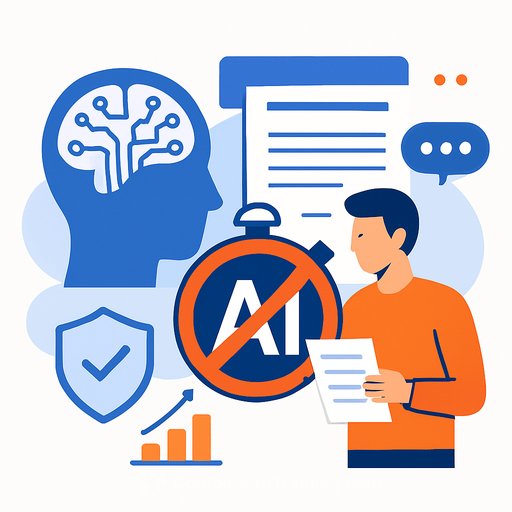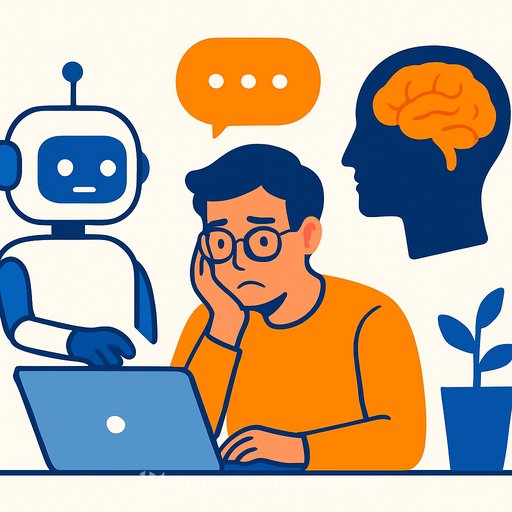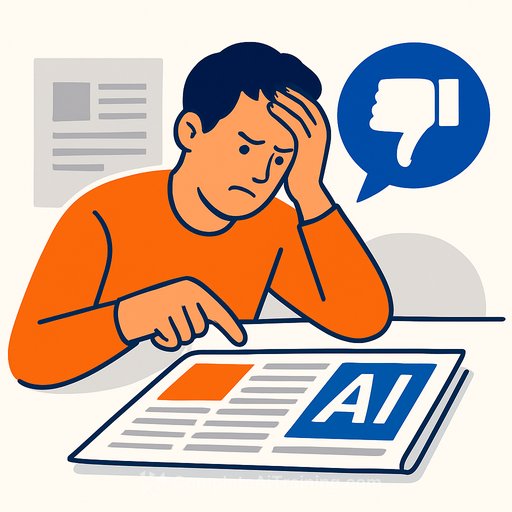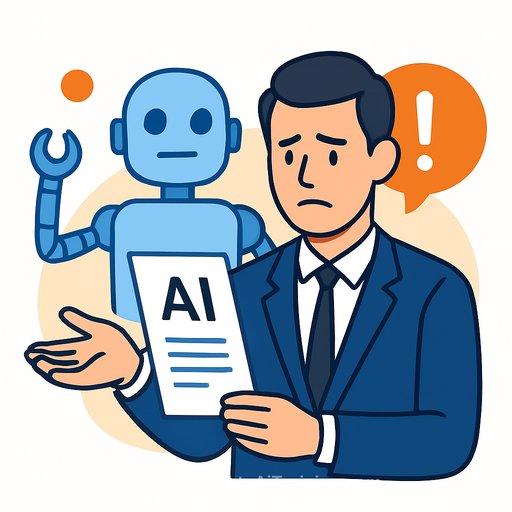Davao Mendoza: Musings of an Anachronist
Perspectives on AI and Writing
Earlier this year, at an out-of-town event with representatives from various sectors, I switched into TEDx listening mode, eager to catch insights from guest speakers who were leaders in their fields. But something felt off. Three speakers delivered speeches so similar it was uncanny. From their opening lines, “As I stand before you today…” to their closing calls, “We are bound by our collective commitment and must forge ahead…,” the speeches shared almost the same structure, tone, and key points. It felt like they were written by one source — or perhaps, the same AI app.
This experience highlights a growing challenge for writers today: heavy reliance on AI-powered writing tools. The question isn’t about whether to use AI anymore. It’s about which app to choose — ChatGPT, Gemini, Jenni AI, Grok, and many others.
AI is undeniably powerful. It can generate well-crafted stories, speeches, vlogs, even doctoral dissertations and legal briefs. Recent advances have brought AI writing to a level comparable to, or sometimes exceeding, that of experienced human writers.
Still, no writer would openly admit that AI can replace the human touch. It’s a reality we have to face. The age of AI writers is here.
Consider this: an experienced online writer shared how she was recently let go by a Manila-based client after the company successfully tested AI-written articles. The result? They no longer needed human writers.
But here’s the catch: AI-generated articles often feel too structured, too formulaic. They’re perfect on the surface but lack the spontaneity, mood, and tone that human writers naturally bring. Even apps that try to “humanize” AI content fall short of capturing genuine emotion and nuance. Readers can sense when something is machine-made.
Some argue AI tools are better suited for practical, data-focused work like reports or academic papers, not creative writing. That’s a fair point.
But writing isn’t about perfect grammar or structure alone. It’s about bleeding the mind and stirring the soul — sparking ideas. While original ideas are rare, the process of thinking, connecting dots, and creating patterns defines our unique perspective.
Human-written articles may not always be perfect or groundbreaking, but they carry true ownership. They reflect the writer’s mind and experience.
Thinking involves gathering information through our senses and distilling it to its essence. I spent nearly two hours on this piece — something AI could produce in less than a minute.
Call it old-fashioned or stubborn, but I’ll keep pushing my brain until it’s dry. Or maybe, one day, I’ll ask AI to write an article on why I should let it write this piece instead. Who knows? It might even convince me.
- For writers interested in exploring AI tools without losing their voice, learning how to blend human creativity with AI efficiency can be valuable.
- Explore AI writing courses and resources at Complete AI Training to understand how to use these tools effectively.
Your membership also unlocks:





